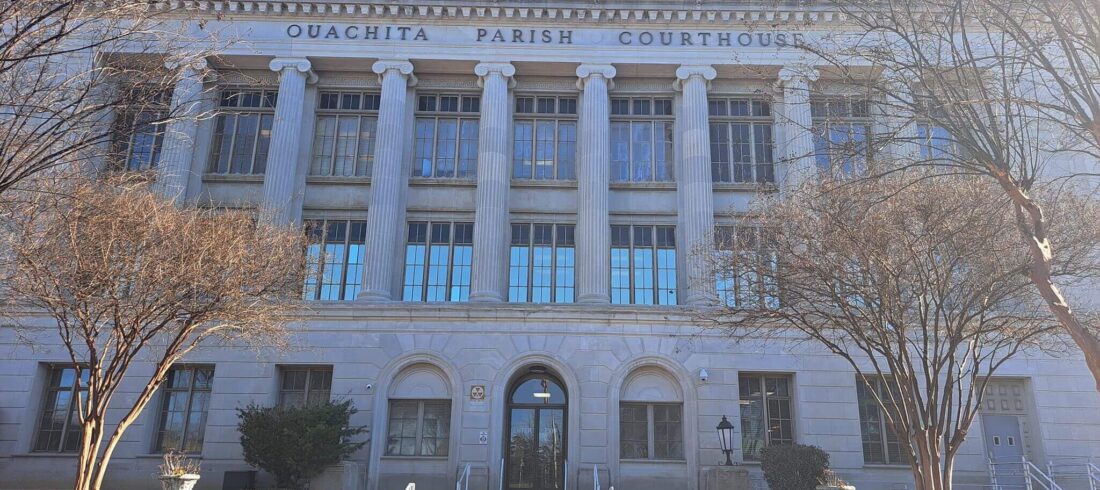Property partition in Louisiana refers to dividing real property among co-owners. In Louisiana, this process is governed by the Louisiana Civil Code.
Families often encounter issues when real estate is passed down to heirs, such as through a succession. Many may live out of state or not want to co-own property. We can bring a property partition to court for our clients.
When two or more people own property together, they are considered co-owners. Co-ownership can occur in various situations, such as through inheritance, marriage, or purchase. In some cases, co-owners may agree to divide the property, while others may disagree and seek legal intervention to divide the property.
In Louisiana, property partition can be either voluntary or involuntary. Voluntary partition occurs when co-owners agree to divide the property through a written agreement or a court order. Involuntary partition, on the other hand, occurs when one co-owner sues the other co-owners to divide the property. This often happens when co-owners inherit family property, and one or more heirs do not want to keep the property. We have worked with numerous clients that have inherited property in Louisiana but live in another state and would prefer to receive the value of their share of the property.
The process of property partition in Louisiana involves several steps. First, the co-owners must agree on how to divide the property. Second, a surveyor must prepare a partition plan showing how the property will be divided. Third, the partition plan must be approved by a court, and the property must be physically divided.
It’s important to note that in Louisiana, a partition is generally preferred over the sale of the property, as co-owners have a right to retain ownership of the property. However, if a partition is not possible or practical, the parcel may be sold and the proceeds divided among the co-owners.
In Louisiana, property partition can be divided into two main categories: partition by licitation and partition in kind. Both methods divide real property among co-owners, but they have different implications for the co-owners and the property itself.
Partition by licitation refers to selling the property and dividing the proceeds among the co-owners. This method is typically used when partition in kind is not possible or practical. In a partition by licitation, a court may appoint a neutral third party, such as a real estate broker, to sell the property and distribute the proceeds among the co-owners.
On the other hand, partition in kind involves physically dividing the property among the co-owners. This method is preferred over partition by licitation, as it allows co-owners to retain property ownership. Partition in kind can be either voluntary or involuntary, depending on the co-owners’ agreement.
In a voluntary partition in kind, co-owners can agree on how to divide the property, either through a written agreement or a court order. A court must then approve the partition plan, and a surveyor or engineer must prepare a plan for the physical division of the property.
In an involuntary partition in kind, one co-owner can sue the other co-owners to divide the property. In this case, a court will determine the best way to divide the property, considering each co-owners rights and interests.
When dividing property in kind, it’s essential to consider various factors, such as the value of each part of the property, the rights and interests of each co-owner, and any obligations associated with the property. In some cases, co-owners may agree to exchange parts of the property rather than dividing it equally.
The choice between partition by licitation and partition in kind can have significant implications for the co-owners and the property. Partition by licitation may result in a higher return for the co-owners, as the property can be sold for its market value. However, this method can also result in the loss of ownership of the property, and the co-owners may need to have control over who purchases the property.
Partition in kind allows co-owners to retain ownership of the property. Still, it may result in an unequal property division, as each co-owner may not receive a part of equal value. Additionally, partition in kind can be a complex and time-consuming process, and co-owners may need to hire a surveyor or engineer to prepare a partition plan.
In conclusion, property partition in Louisiana is a complex process that requires careful consideration of various legal and practical factors. Whether you choose to partition by licitation or partition in kind, it’s vital to seek the guidance of a qualified attorney to ensure that your rights and interests are protected throughout the process. Both methods have advantages and disadvantages, and it’s essential to carefully consider your options before deciding. Ultimately, the choice between partition by licitation and partition in kind will depend on your situation’s specific circumstances, including the property’s value, the rights and interests of the co-owners, and any obligations associated with the property.
When dividing property in Louisiana, it’s essential to consider various factors, such as the value of each part of the property, the rights and interests of each co-owner, and any obligations associated with the property. In some cases, co-owners may agree to exchange parts of the property rather than dividing it equally.
The Andries Law Firm in Central Louisiana assists families with property partition matters in Louisiana. Please call (318) 269-5857 or contact us online to schedule a free consultation.





